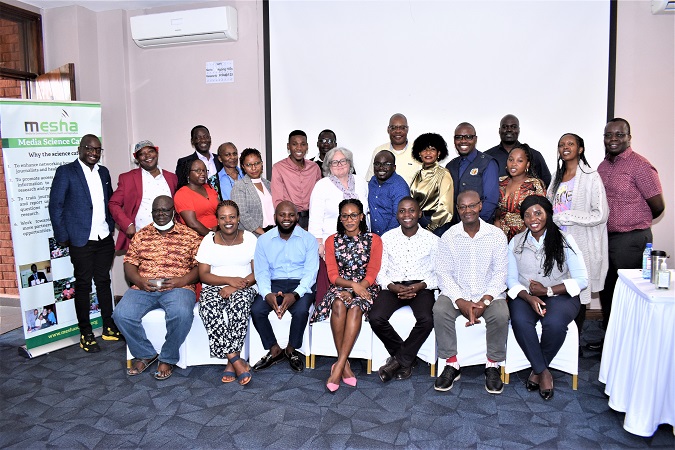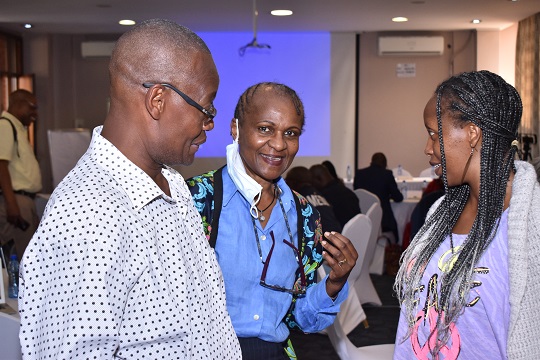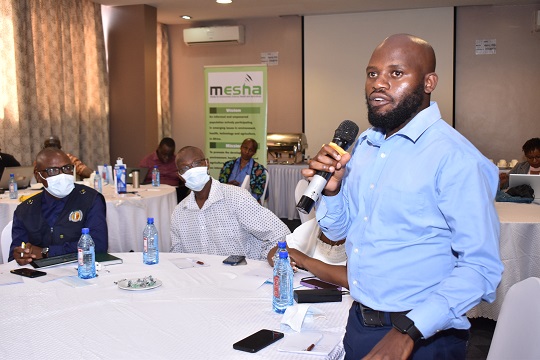
Photo I MESHA
By Christine Ochogo I christawine@gmail.com
Improving awareness on gender-sensitive approaches to tuberculosis (TB) prevention and care will be the subject of two media science cafes by MESHA next month.
Media science cafés aim at convening journalists, researchers, policymakers and civil society actors to understand, deliberate and exchange ideas on a particular scientific issue with the goal of promoting its accurate reporting by the media. MESHA is known for its efforts in science reporting in Africa, and has been active in leading several media science cafés in the region.
With support from African Institute of Development Policy (AFIDEP), the cafés will be held in Nairobi, Kenya and Lilongwe, Malawi. They will focus on addressing the gender disparity in TB cases and the need for gender-responsive strategies.

Photo I MESHA
AFIDEP is an African-led, regional non-profit research policy institute established in 2010 to help bridge the gaps between research, policy and practice in development efforts in Africa.
In 2016, according to a report by Centre for Health Solutions, males had a high prevalence rate of 809 per 100, 000 compared to female prevalence of 359 per 100,000. Two out of every three undiagnosed or unnotified TB cases also involved men.
Despite these glaring gender disparities in TB, policies and programs related to TB prevention and care have not adequately considered gender-sensitive approaches.
“Tuberculosis has been the leading cause of mortalities from a single infectious agent long before COVID-19, and is now the second leading cause of death. One challenge with tubercular infection is the fact that it causes manipulation of the host (human) immunological defence mechanisms to foster its survival,” says Dr Sospeter Njeru, from Kenya Medical Research Institute.
These media science cafés to be held on November 2, 2023 will present the latest evidence on TB burdens in Kenya and Malawi and provide recommendations to policymakers and practitioners.
“From these cafés, we expect increased public awareness, especially among policymakers, regarding the gender disparities in TB cases and the importance of gender-sensitive approaches to tackle the issue,” said Aghan Daniel, Secretary of MESHA.

Photo I MESHA
By engaging the media and fostering a deeper understanding of gender-sensitive approaches to TB prevention and care, MESHA and AFIDEP aim to contribute to the global goal of eliminating TB and improving the health and well-being of affected communities.
MESHA is committed to publish one edition of Sayansi magazine, featuring stories from journalists who attend these cafés.
Media for Environment, Science, Health and Agriculture(MESHA) is an association of journalists and communicators who are specialized in environmental, agriculture, health, technology and development reporting. It is a non-partisan and not for profit making organization which has been in existence since October 2005.








